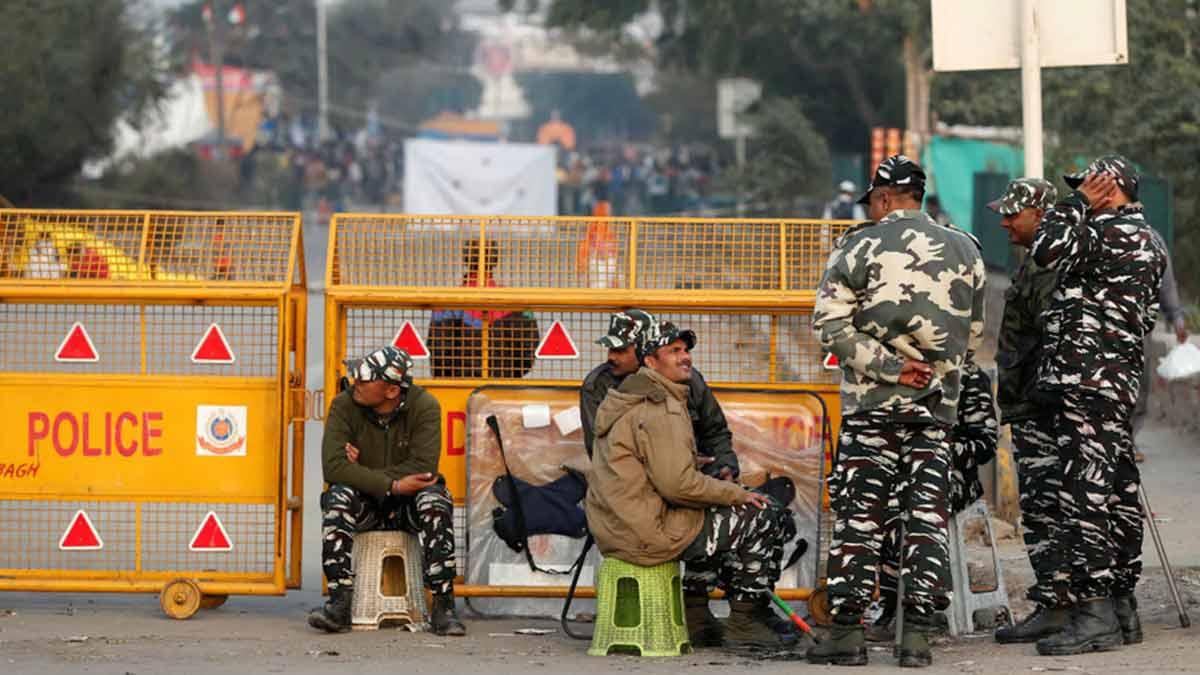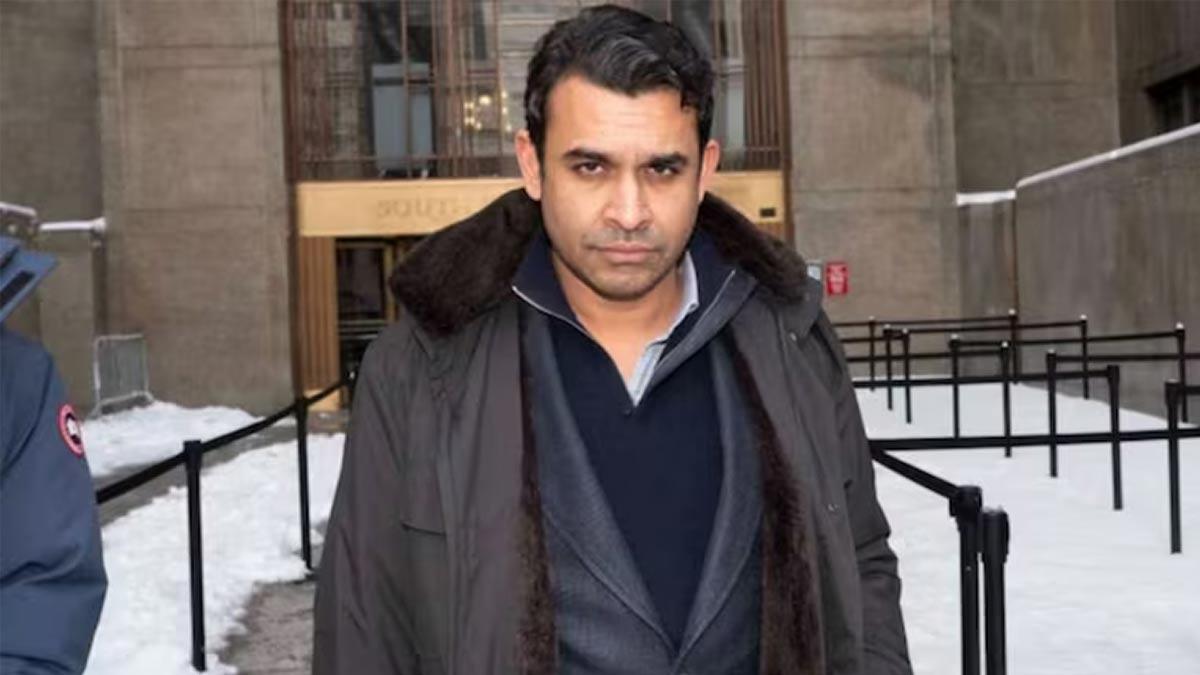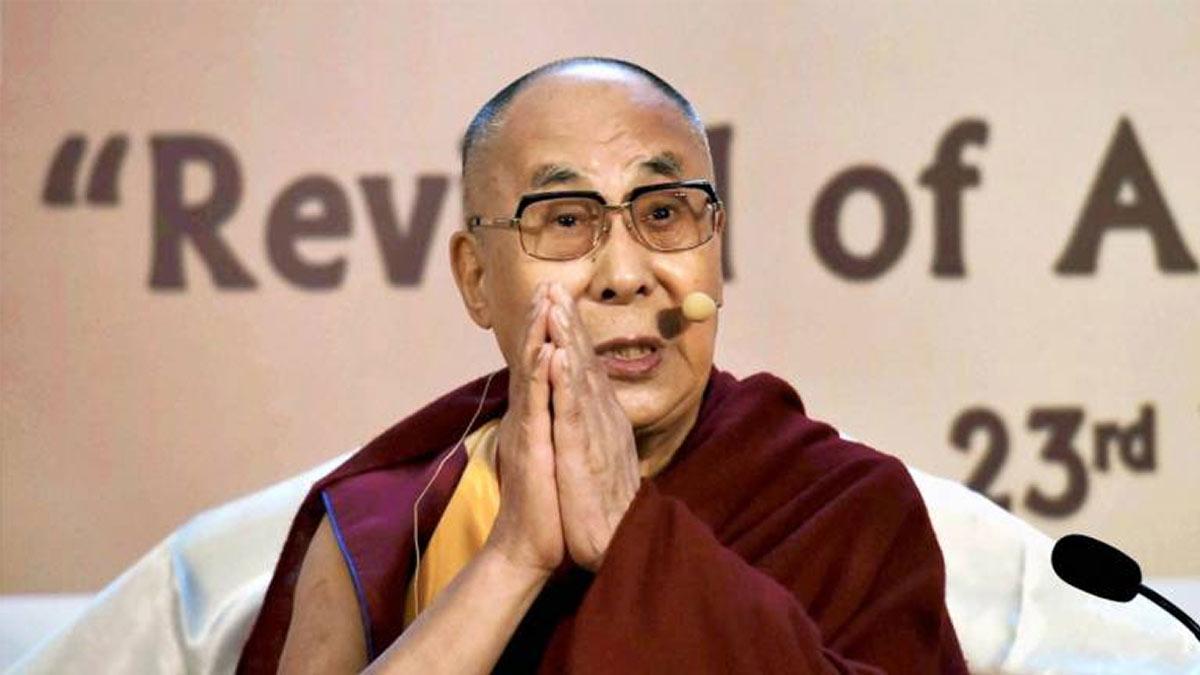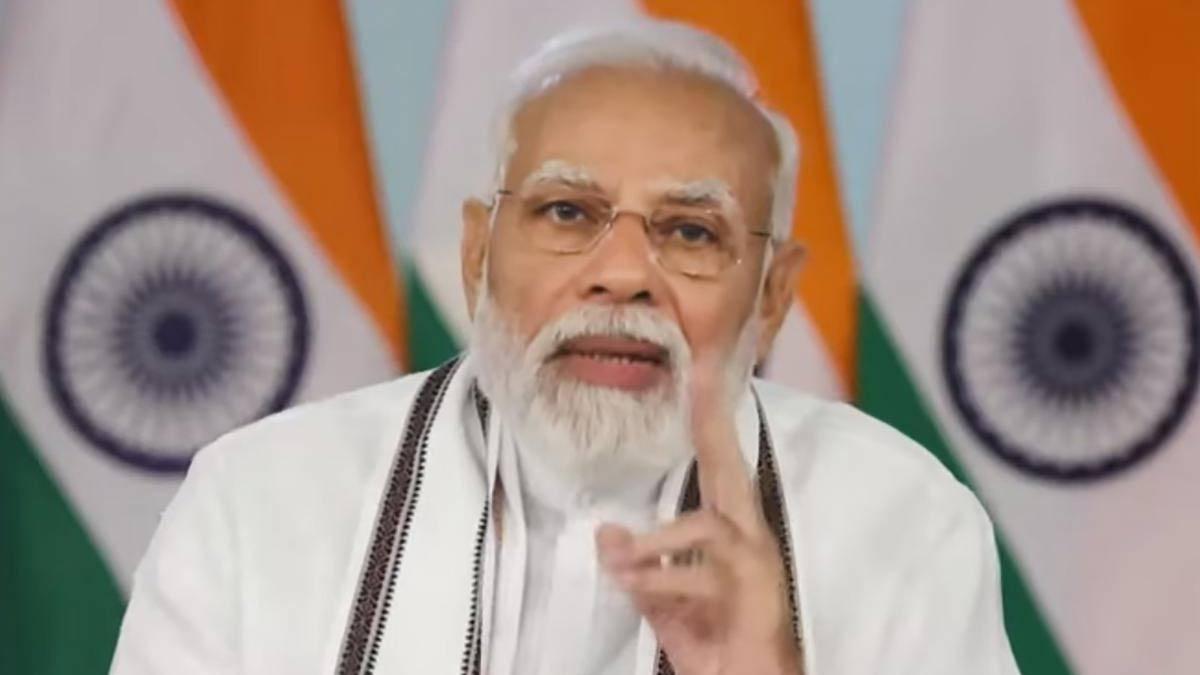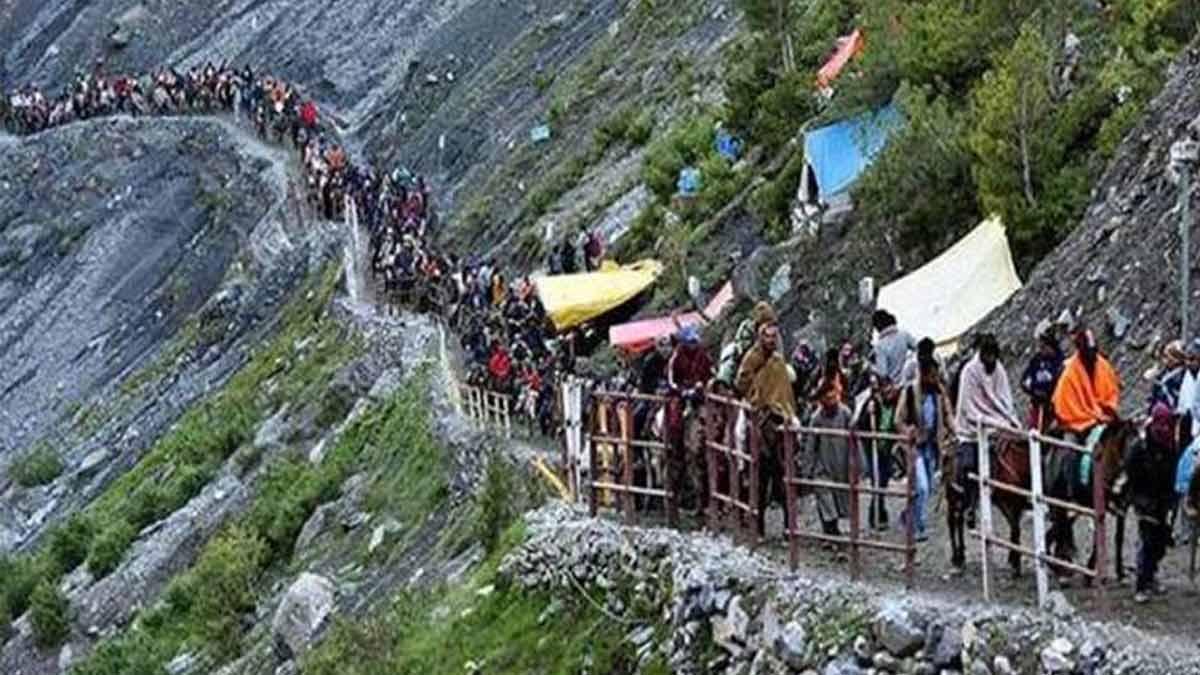In anticipation of the proposed 'Delhi Chalo' march by farmer unions slated for Tuesday, authorities in Haryana and Delhi have taken measures to fortify borders with neighboring states. Concrete blocks, road spike barriers, and barbed wires have been installed to deter the entry of vehicles, while thousands of police personnel have been deployed. Prohibitory orders have also been imposed to maintain law and order.
Although the Centre has extended an invitation to farmer unions for another meeting on February 12 to discuss their demands, the decision to block borders and restrict protesters from entering the national capital has drawn criticism from opposition parties and farmer groups.
Authorities have defended the imposition of restrictions, citing the prolonged agitation against the now-repealed three farm laws that persisted throughout 2020-21. The Samyukta Kisan Morcha and various farmer associations, primarily from Uttar Pradesh, Haryana, and Punjab, are organizing the protest march to press for their demands, including legislation to guarantee a minimum support price for crops.
Political reactions have poured in, with Congress leader Rahul Gandhi condemning the central government and urging people to oppose those obstructing the farmers' path. Similarly, Punjab Chief Minister Bhagwant Mann likened the situation at the Delhi-Haryana borders to the India-Pakistan border, urging the Centre to engage in dialogue with farmers.
The blocking of roads has been criticized by the Samyukta Kisan Morcha, questioning the government's motives and emphasizing the importance of democracy. Concerns have been raised regarding the potential escalation of the situation, with responsibility placed on the Khattar government in Haryana.
In response to the protests, authorities have implemented Section 144 of the CrPC in 15 districts of Haryana, banning assemblies of five or more individuals and prohibiting demonstrations via tractor-trolleys. Additionally, internet services and bulk SMS have been suspended in seven districts until February 13.
Delhi Police have intensified security measures at Singhu, Ghazipur, and Tikri borders, where barricades have been erected to prevent the entry of protestors. Prohibitory orders have been imposed in the northeast district of Delhi, directing police to prevent protestors from entering the city.
Efforts to maintain law and order have been further bolstered with Delhi Police Commissioner Sanjay Arora inspecting border areas along Haryana and Uttar Pradesh. Various measures, including the use of cranes and earthmovers to block roads, have been employed.
To prevent the march, Haryana authorities have sealed the border with Punjab at Shambhu near Ambala, with elaborate arrangements in place at the borders of Jind and Fatehabad districts. In anticipation of potential disruptions, iron sheets have been installed on the Ghaggar flyover, and water cannons have been stationed.
Chief Minister Manohar Lal Khattar emphasized the need to maintain law and order, expressing disapproval of the protest methods employed by farmers. Past incidents, including the breach of police barriers in 2020, have prompted authorities to take preemptive measures.
The farmers' demands, including a legal guarantee on minimum support price and the withdrawal of cases against protestors, remain unresolved. The Centre has extended an invitation for talks on February 12, with Union ministers set to meet with representatives of farmer unions.
Delhi Police have deployed over 5,000 personnel along the border with Haryana and Uttar Pradesh, anticipating potential mobilization of protestors. Stringent measures have been implemented, including prohibitions on gatherings and the entry of vehicles carrying protestors.
Efforts to coordinate with authorities in neighboring states, including Haryana, Punjab, and Uttar Pradesh, have been undertaken to ensure effective border management. Meetings with local leaders and community representatives have also been conducted to mitigate potential disruptions.
Also Read | Farmers to Proceed to Parliament Despite Talks with Union Ministers
Also Read | Punjab CM Asserts Consensus Reached Between Centre and Protesting Farmers

